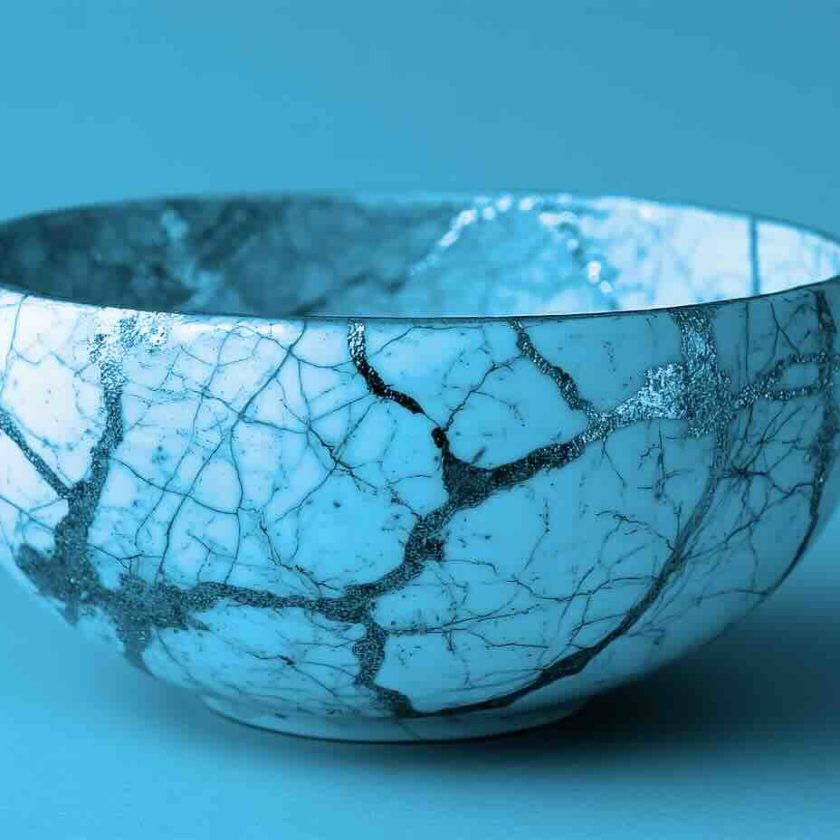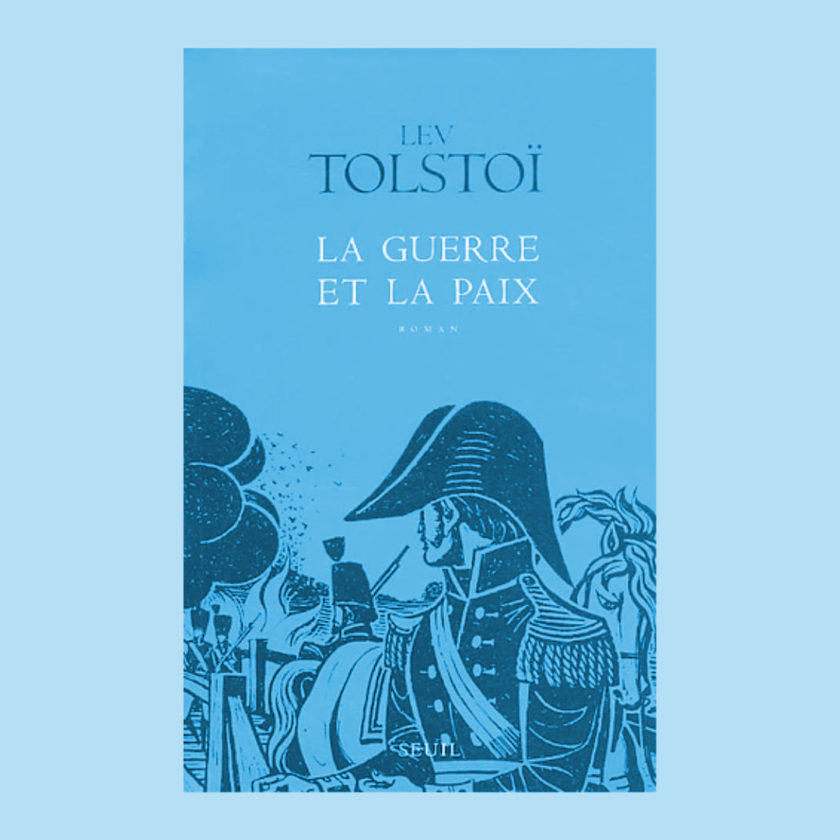Natural, necessary and vain desires
Contrary to the dominant thought, Epicureanism is not a radical hedonism. On the contrary, it is a philosophy that focuses on living in an essentialist way, that is to say, eliminating the superfluous to achieve happiness. As such, happiness is achieved when you no longer feel the need to seek it. If you have eaten, you are no longer obsessed with thoughts of food. So, if you are happy, you no longer look for what your happiness is made of. This is called ataraxia, the absence of trouble.
To live happily according to Epicurus, one must satisfy the natural and necessary desires and neglect all others. There are three categories of natural and necessary desires:
– those related to life itself: drinking, eating (the search for good taste does not fit in this category, it is considered as not necessary because aesthetic) and sleeping
– those related to the well-being of the body (aochlesia): to preserve the body from the cold (to be near a fire) and from bad weather (to have a shelter)
– those related to happiness (eudaimonia): the desire to philosophize and the desire for friendship (philia)
Other desires that do not fit into these categories are not essential to happiness according to Epicurus. These are the other kinds of desire:
– Natural and non-necessary desires: sexual desire (the satisfaction of sexual appetite) and the desire for beauty (desire for aesthetics).
According to Epicurus, the desire to expend oneself in sexual activity can be simply replaced by physical effort, which one accomplishes in sport or gymnastics, or gymnosophy (a combination of nudity, contemplation and meditation) or philosophical conversation with a friend.
The desire for beauty (as in the reading of poems) is to be proscribed if it is accompanied by a detour from the truth. In this respect, he criticizes Homer’s stories which contributed to convey lies through attractive and mythical stories.
Unnatural and unnecessary desires: vain desires (“empty” (kenai): without object). These are desires that are unlimited, in opposition to the finitude of nature. These are desires for possession, glory or power. The more unnecessary a desire is, the more difficult it is to satisfy and the more it generates suffering and therefore does not allow for ataraxia, which guarantees happiness.





